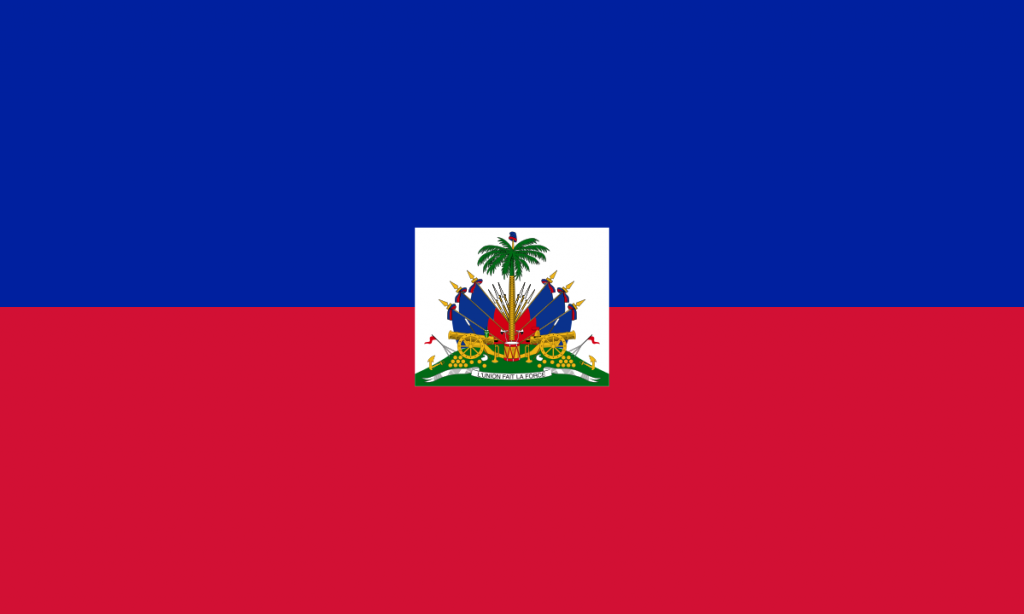A century ago, US troops invaded and occupied a small country called Haiti. They stayed there for almost two decades, installed a client government, imposed new laws and fought insurgents in bloody battles on difficult terrain. Thousands of residents perished during what turned out to be 19 years of ‘de facto U.S. rule’.
Today, many Americans think of Haiti as a country that is still struggling to recover from a devastating earthquake, but fewer realise that it’s recovering from an invasion that took place in 1915 which resulted in their state president being assassinated.
Americans had stepped in under the guise of dismantling anarchy and fostering democracy. But in reality, two things drove their actions: a desire to curb Haiti’s economy and government in a direction that was more in line with their own and concern over imperialist interest from France and Germany. U.S. leaders soon pressured the Haitian legislature to elect a new pro-American president, Philippe Sudré Dartiguenave.
When we look at Haiti’s current challenges, we often overlook the bigger problem it has been facing since 1915 and that is Americans invading another country to extract it’s minerals and imposing laws and dictating presidential elections. We are just not looking deeper into the crisis Haiti is facing. We are simply ignoring the overwhelming and most visible facts of Haiti’s real challenges. In an article I published in 2013, I go even deeper to question “are the so called natural disasters really natural?” is my quest to understand the challenges facing Haiti.
What you must know is that around 2,400 sq km of northern Haiti – or about 8% of the surface of the entire country – could be ripped away from local farmers and given to US and Canadian companies. In 2012, the mineral wealth for this area, which includes gold, copper and silver, was estimated to be worth more than $20bn.
Alarmingly, some contracts have been granted behind closed doors, without scrutiny or participation by Haitian civil society or parliament. Opening this kind of opportunity to foreign investors without proper laws, enforcement and transparency in place has created much anger among the population and some politicians alike.
What is happening to the citizens of Haiti is an emotional and traumatic experience. We cannot deny the evident pain the people of Haiti are facing, but we can’t keep quiet about the underlying issues that America has with Haiti. If a government is destabilised, it cannot control or prevent the disasters it finds itself in and that is where Haiti finds itself.
I will continue to pray for Haiti, but I also want America to leave Haiti alone.




